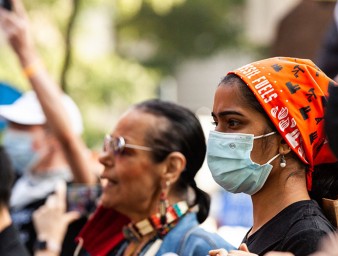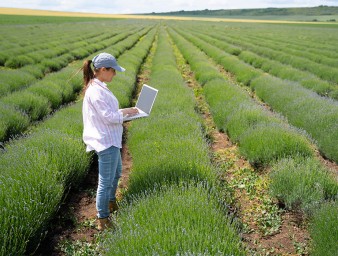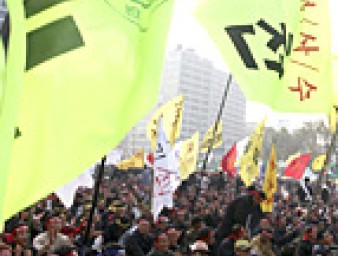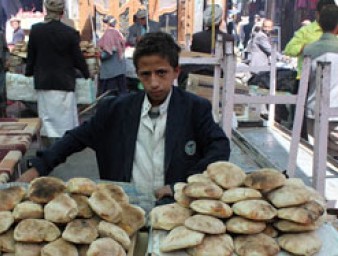Creating a space for promoting the right to development
15 September 2022
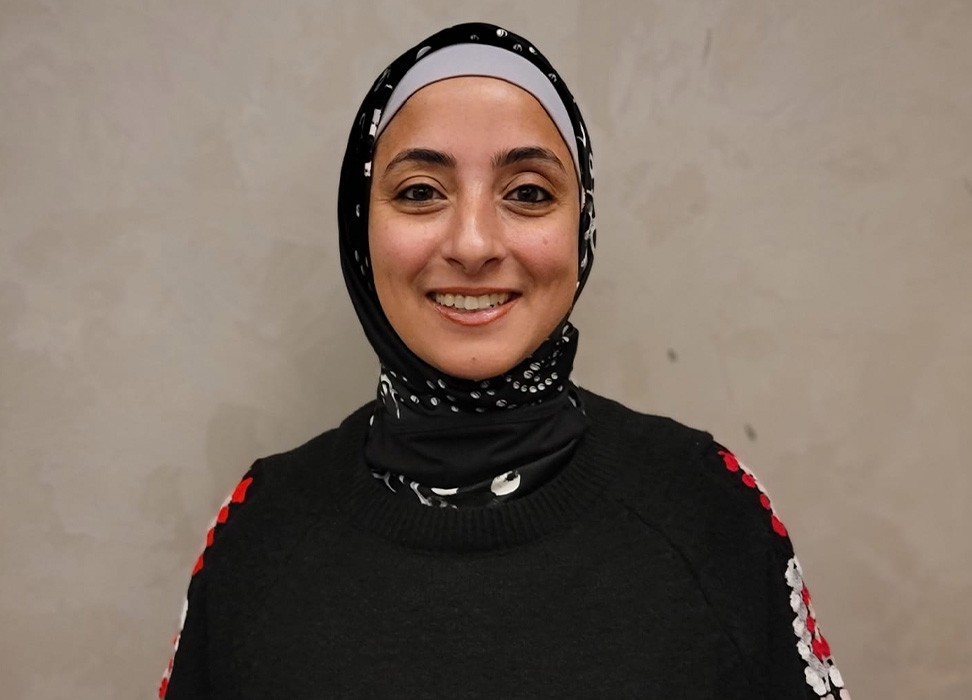
Srruthi Lekha Raaja Elango has always been aware of injustice. Growing up poor in the city of Puducherry, a town in India bordering the southeastern Tamil Nadu state, Elango said she has long felt the need to find some way to bring about social change by having a say in how her local government operated.
As a way to find guidance on how to bring about this social change, Elango, 22, registered for the UN Human Rights online learning module, Operationalising the Right to Development in Implementing the Sustainable Development Goals, and found the course to be a turning point for her because the case stories were applicable to her own work.
“I could use this knowledge to interact with local authorities while implementing my own social projects,” she said.
The e-learning course, launched in 2018, was developed by UN Human Rights in partnership with the University for Peace in Costa Rica and the UN University’s International Institute for Global Health in Malaysia. It brings together contributions from more than 10 international experts on human rights issues related to the right to development.
“This course is aiming to advance the holistic, multidimensional and integrated framework of the 1986 United Nations Declaration on the Right to Development (DRTD) on peace, human rights, development and sustainability in development policy and practice at the international, regional, national and local levels,” said Mihir Kanade, Head of the Department of International Law and Director of the Human Rights Centre at UPEACE.
Since its launch, the interactive, free online course has created a space for imparting knowledge, raising awareness, capacity-building and global networking for its participants. Nearly 1,000 people from around the world have already taken the course.
Creating new opportunities
When Jamila Al-Abbasi (shown above), a Palestinian woman, lost her job she took the module to update her skills and expand her network.
“What struck my attention during the course was a case study from Afghanistan where students were taught negotiation and conflict resolution skills, and how it helped their community share development resources,” said Al-Abbasi. “I was facing similar problems and conflicts where I was living, and I thought I could replicate some of the success stories I had learned about in the online course.”
Al-Abbasi used what she learned to launch a non-profit organization called Women, Youth & Kids Empowerment Initiative (WYKEI) for Sustainable Peace & Development. WYKEI teaches disadvantaged children living in East Jerusalem about their human rights and how these are linked to development issues. She works with a group of volunteers and a network of technical experts and professionals from various countries.
Elango also used the course as a springboard to create her own non-profit, Polity Link, that works with governments and civil society groups to promote and involve young people in developing policies to tackle issues such as inequality and sustainable development. Indian students and civil society activists regularly take part in the activities organized by Polity Link on a bi-weekly basis.
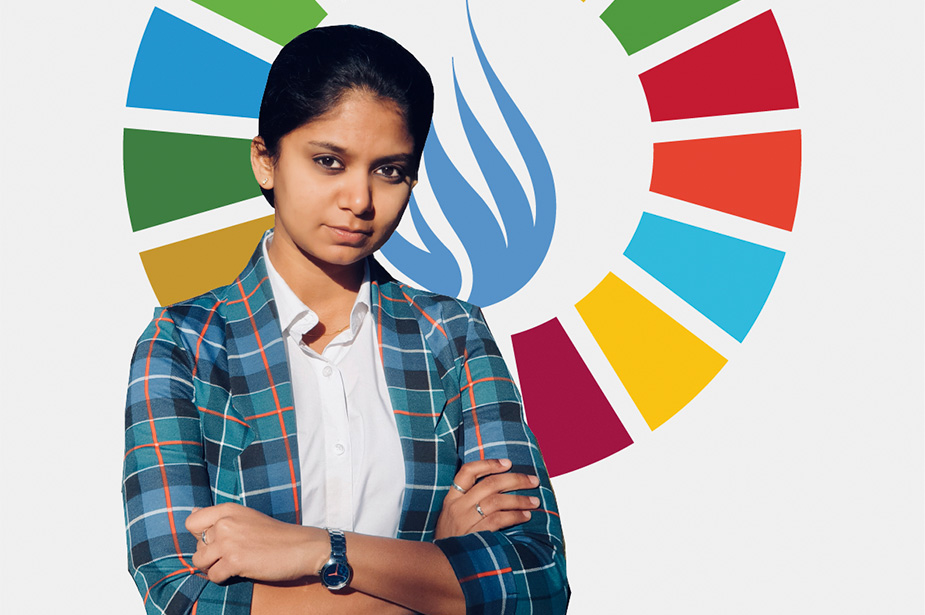
Srruthi Lekha Raaja Elango is the founder of the non-profit organization Polity Link. Credit: OHCHR
She said Polity Link is often called by the local government in Puducherry to ensure young voices are considered in decision-making processes. She said she hopes to expand her work to other cities, focusing mainly on capacity-building programs highlighting human rights and international cooperation for development.
The online module is offered twice a year and applications are reviewed by a panel. Successful candidates are selected based on merit, considering professional, regional, and gender diversity. The curriculum is useful to a wide range of audiences, including human rights defenders, government officials and students.
